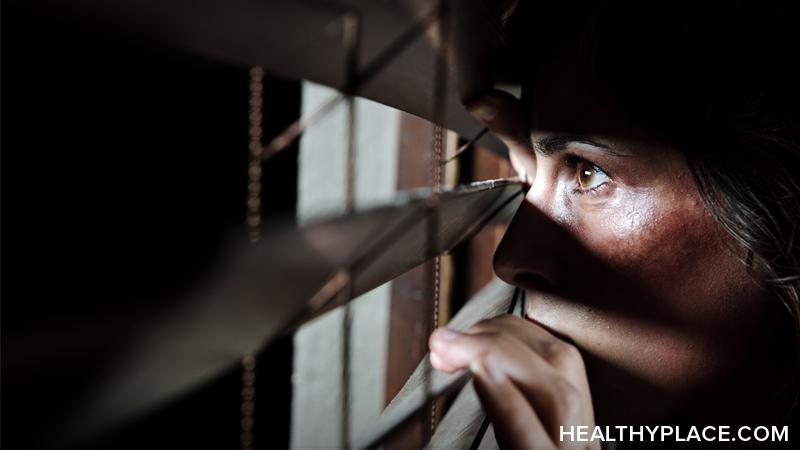Coping with Anxiety After COVID-19

How do we cope with anxiety during the transition to a post-COVID-19 world? For people experiencing anxiety, the return to a new normal can be really frightening and difficult. As exciting and positive as the transition may be as a whole, returning to typical social, work, or travel routines can bring with it a new set of worries or bring up old ones.
Whether you're worried about contracting COVID-19, taking the train again, or coping with stressful in-person challenges at work, this transition might introduce stressors you're not used to dealing with. Because of this, I thought it could be useful to discuss a few tools we can all use as we prepare for the disruptions that may come up during this change.
Anxiety After COVID-19: Out with the New, in with the Old
The anxiety after COVID-19 is simple to understand: We've all spent the past year getting used to a new normal, and now we're going to have to adjust to a new, old-normal, whatever that may be. As I mentioned above, this could involve coping with stressors that you haven't faced for a long time, and those may lead to greater stress at first. At the same time, challenges you've adapted to over the past year will likely dissipate, which will hopefully make the transition a little bit easier.
So how do we prepare for these changes in a way that will keep stress as low as possible and get back to living our best lives? I think the central skill we're going to need is mental flexibility. In the face of rapid change, the best thing we can do is be like water -- stay open to the experiences we face and look for the best way through the twists and turns ahead. Cultivating this attitude of openness is challenging, but below I share a few tips for improving your openness to change and reducing anxiety after COVID-19 challenges end.
3 Tips to Cultivate Openness and Reduce Anxiety as COVID-19 Comes to an End
- Practice nonjudgment. One of the best practices I've found is to engage with my emotions and thoughts with nonjudgment. A lot of my stress tends to arise from the judgments I make about situations I face or emotions I'm feeling. When I let go of this judgmental awareness, I find myself experiencing stress less frequently, even when I'm dealing with a lot of challenges. Start small by noticing when your mind is making judgments, and just take note of that. Over time, it will get easier to practice nonjudgment.
- Slow down. Some thoughts and feelings are really hard to feel anything but judgment about, and in these cases, sometimes the best we can do is to slow down those thoughts. Taking a deep breath is a great way to initiate this process. When you notice your mind churning over itself, take a deep breath in through your nose for five seconds, then exhale for five through your mouth.
- Find the positives. Another common source of stress during a time of change is the assumption that something will be bad or upsetting. Trying to counter these thoughts is rarely productive, but we can shift our thoughts from focusing on those potential negatives to considering the potential positives. When you notice your mind honing in on your anticipated fears, consider one positive event that could happen during this time of change. The more you practice, the easier it will be to bring to mind the positives.
I hope these tips for cultivating openness will help you as we enter a new phase of change after a year of immense challenge. You can handle the anxiety after COVID-19.
APA Reference
Abitante, G.
(2021, January 24). Coping with Anxiety After COVID-19, HealthyPlace. Retrieved
on 2026, January 2 from https://www.healthyplace.com/blogs/treatinganxiety/2021/1/coping-with-anxiety-after-covid-19
